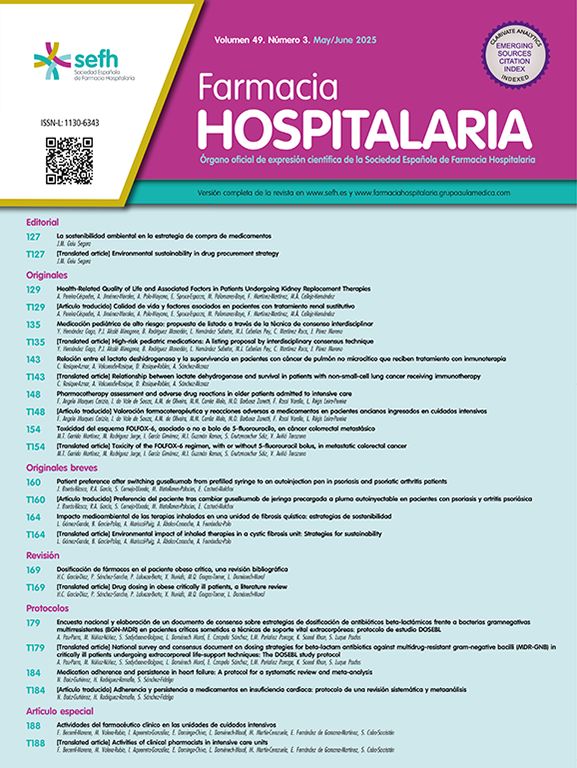The treatment landscape in oncology is constantly changing. This is evidenced by the development of messenger RNA (mRNA)-based therapies and their impact as a new strategy against cancer. Recent clinical trials have shown that these innovative treatments are not only effective but also provide us with a new way of understanding and treating complex diseases.1,2
Traditionally, cancer treatment has focused on methods such as chemotherapy and radiotherapy, which, while saving many lives, often have significant side effects and limited effectiveness against some forms of the disease. The advent of immunotherapy has allowed us to focus our strategies on immunomodulatory therapies. However, recent clinical trials evaluating mRNA vaccines for use in immunotherapy have marked a significant turning point in this narrative. These therapies harness the ability of mRNA to induce the production of tumor-specific proteins, thereby activating a stronger and more targeted immune response against cancer cells.2
Among the most representative examples are the Phase II and III clinical trials of mRNA vaccines against pancreatic cancer and melanoma, which have shown promising results in terms of efficacy and safety. These trials have shown how using mRNA to encode tumor antigens enables the immune system to more effectively identify and attack malignant cells. This approach not only creates opportunities for more personalized treatment but also is expected to improve patients' quality of life by reducing the need for invasive procedures and their associated side effects.3,4
In addition, the flexibility of mRNA vaccine design allows for rapid adaptation to tumor mutations and cancer subtypes, representing an important advance in the fight against cancer heterogeneity.5 Ongoing trials, including the combination of mRNA with other immunotherapies, have generated significant interest in the scientific and medical community, suggesting that this technology could change the way we treat cancer.
However, as we move into a new era of precision therapy, it is essential that proper training is provided to healthcare staff, particularly those in pharmacy services. Among the many activities conducted by pharmacy services are the storage, packaging, and preparation of research drugs. For this reason, the development of more complex clinical trials requires greater consideration of economic and human resources by the management of hospital centers.
In conclusion, clinical trials of mRNA-based therapies are marking an important shift in cancer treatment, potentially opening up the possibility of new therapeutic perspectives. However, to maximize the impact of these innovations, a robust pharmacovigilance program is essential to identify potential adverse effects, insure their applicability in diverse populations, and contribute to their safe use in oncology.
CRediT authorship contribution statementEduardo Tejedor-Tejada: Writing – original draft, Writing – review & editing. Begoña Gómez Pérez: Writing – review & editing. Garbiñe Lizeaga Cundin: Writing – review & editing.
FundingNone declared.





